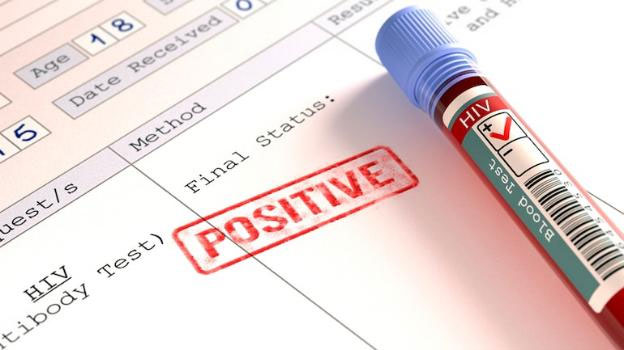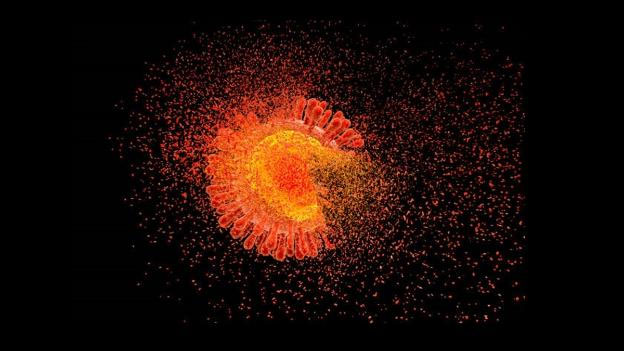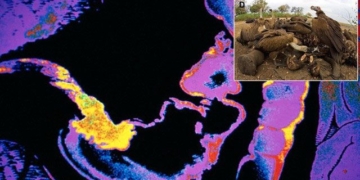Israeli researchers have developed a new method that can neutralize HIV and create an injectable drug that may cure HIV/AIDS.
The Human Immunodeficiency Virus (HIV) attacks the body’s immune system and, if left untreated, can lead to Acquired Immunodeficiency Syndrome (AIDS).
Currently, there is no cure for HIV/AIDS.

The research team claims to have developed a treatment that can defeat HIV. (Image: Getty)
A group of researchers has developed a new vaccine utilizing gene-editing technology that could potentially cure HIV/AIDS.
The team has successfully demonstrated the initial steps in neutralizing the virus with a single vaccine developed from activated B cells that stimulate the immune system to produce neutralizing antibodies against HIV.
The research is led by a team of scientists from Tel Aviv University. The findings were published in the journal Nature, stating that the antibodies are “safe, potent, and potentially applicable not only to infectious diseases but also in the treatment of non-communicable diseases, such as cancer and autoimmune disorders.”
How does the HIV vaccine work?
B cells are a type of white blood cell responsible for producing antibodies against viruses and bacteria, formed in the bone marrow. Once mature, B cells migrate into the blood and lymphatic system, spreading to various parts of the body.

The research team has used gene-editing technology against HIV. (Image: Getty)
Scientists have now been able to design these B cells within the body using virus-derived carriers.
When the gene-edited B cells encounter the virus, the virus stimulates and encourages the cells to divide. Researchers have harnessed this division to combat it, and if the virus changes, the B cells will also adapt to counter the virus.
According to scientists, this could help accurately deliver antibodies to a desired location within the B cell genome. All laboratory models treated have shown a response and have a high level of desired antibodies in the blood. Currently, scientists have produced antibodies from blood and ensured that they are effective in neutralizing HIV in test tubes.
The researchers hope that in the coming years, they will be able to produce treatments for AIDS, other infectious diseases, and certain types of virus-induced cancers.


















































